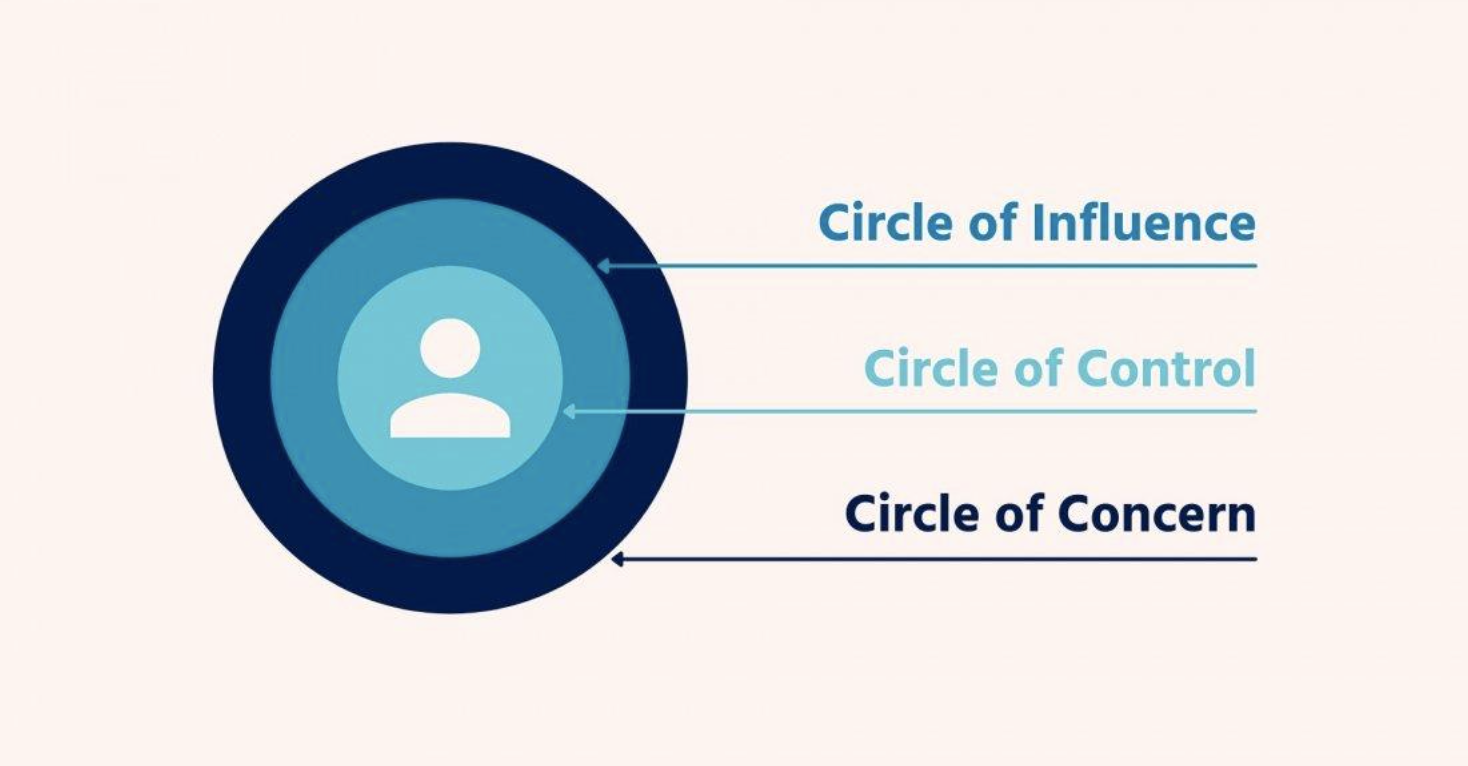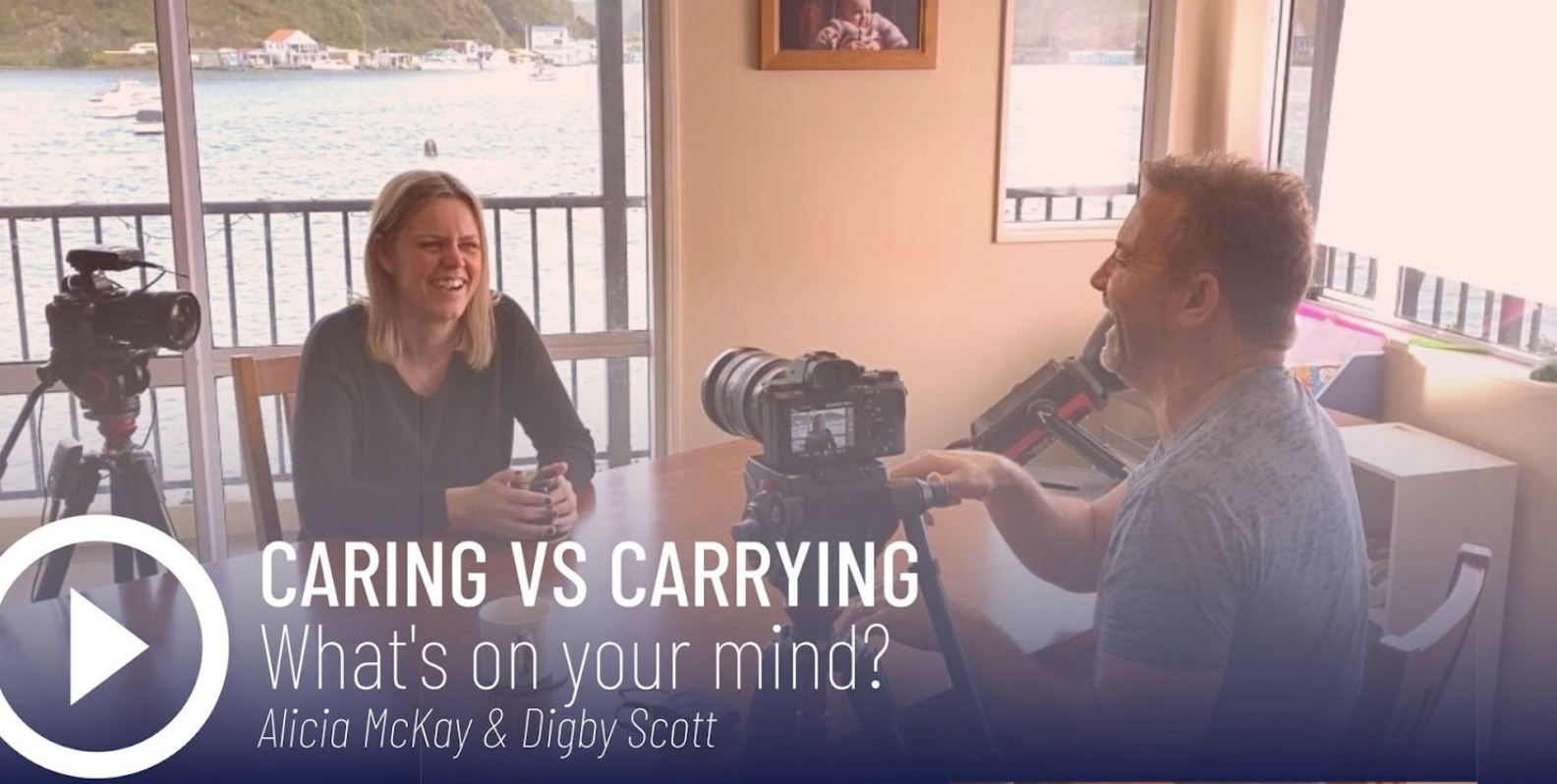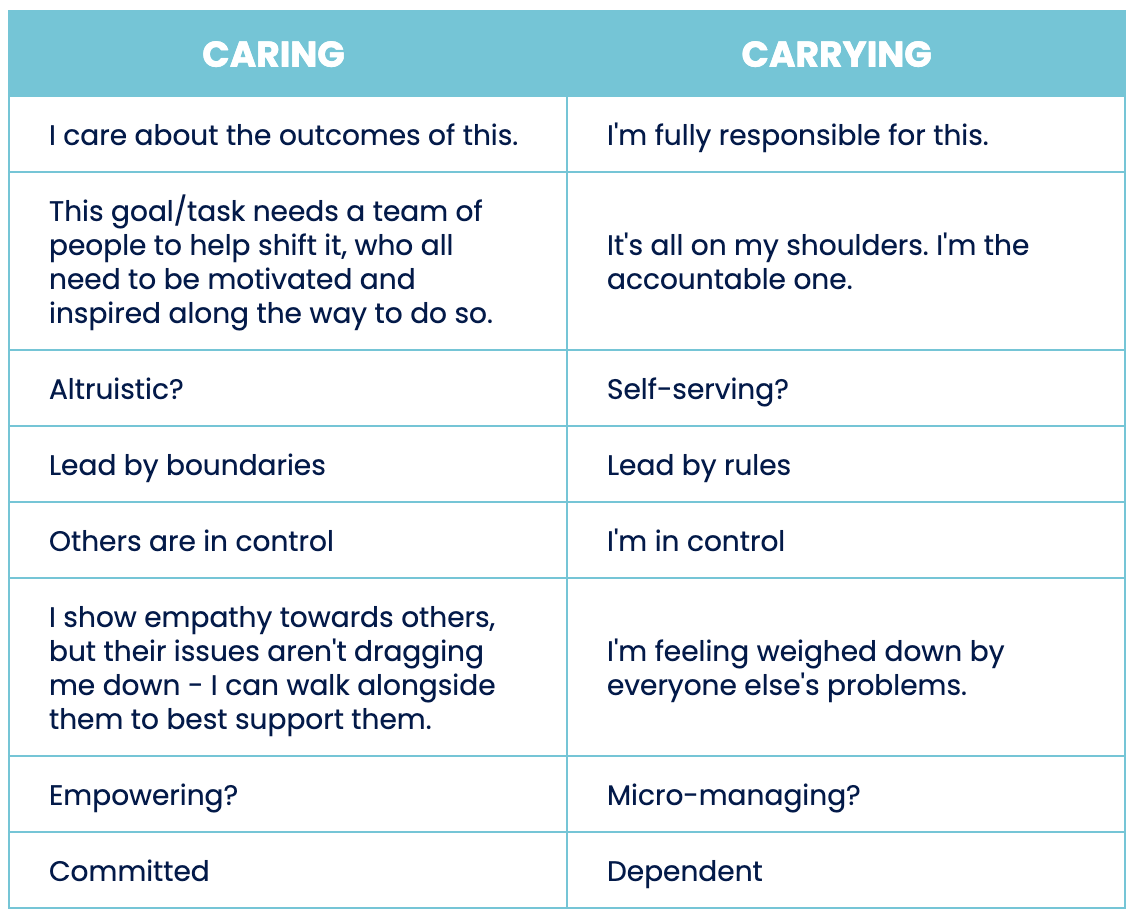
What’s the difference between caring versus carrying? I’ve witnessed many people who are “pre-burnout” at the moment—the last few years have been somewhat intense, for sure. There have been many changes to how we work, live and play. Our daily rhythms turned upside down with lockdowns or restrictions and a constant ‘cognitive load’ we’re managing to keep abreast of it all!
When others feel, you feel. Does that sound familiar? Do you care for people that support them, or do you carry their emotional load?
We define caring for others as a means to help loved ones, clients, or co-workers through their issues. We allow space for support and to be present while understanding. Carrying, on the other hand, means taking responsibility onto your shoulders.
With all uncertainty of the last couple of years keeping us on our toes, priorities have shifted, and organisations are under pressure to deliver, deliver, and then deliver some more. Why is the difference between caring about something deeply versus carrying it all on your shoulders such an important distinction? What’s on your plate currently? How much of it are you carrying on your shoulders versus how much of it do you care deeply about and maybe influence or show concern for?
We want the best for those we care about. We take the shirt off our back to help, move mountains, anything to help those we care about. What if this time of caring inhibits the growth our loved ones need? It’s a type of co-dependency when you step in to carry the experience from caring to carrying a person load that can de-power a person by limiting their capabilities to problem solve.
Why is it so important to get this distinction right?
Understanding and acknowledging where we sit on this scale helps us focus on the things we can make the most impact in, and therefore be at and perform at our best for others around us (including our mental health).
What resonates with you?
Do you lean in one direction more than the other? Are you struggling with the weight of issues you are trying to tend to? It’s ok to recognise this behaviour and learn that we can empower others without holding their hand. We can establish boundaries inside and outside of work to ensure that we aren’t carrying another load whilst also being supportive and present for their needs.
We must nurture relationships that respect our boundaries to be carers rather than carriers. All relationships sit differently on this scale, and no two are alike. It might require that we take a step back and assess where our emotions are coming from. Is it self-inflicted, or are our relationships expecting us to carry too much emotional weight?
From us
If we are the ones who are stepping into this carrying role, it inhibits others from their capacity to grow. It disestablishes trust, accountability and increases interference in issues. The first action you can take is getting feedback from family or friends or within the workplace. It may be incredibly sobering to hear how injecting yourself into situations is hindering rather than helping. But by identifying these behaviours, you can slowly establish boundaries that allow you to be the best support possible.
Have a conversation with those around you on what support you would like to offer and pause to listen to what support they need. Identify alignments and stick to a plan that works best for you and others.
From others
If you feel as if you’re bearing someone else’s emotional weight, it is time to start a dialogue, no matter how small it may feel right now. It is essential to speak your truth so that you’ve identified your feelings and your availability to the circumstance at hand when situations arise. It establishes boundaries from the beginning rather than allowing emotions and tension to build up over time.
If you live with others, who expect you to carry, try setting up a ‘divide and conquer’ plan – together. Lay everything out on the table to identify where best you can help, where you can lean on them and ensure at all times you’re not taking on more than you can handle.
Do you lean in one direction more than the other? Are you struggling with the weight of issues you are trying to tend to? It’s ok to recognise this behaviour and learn that we can empower others without holding their hand. We can establish boundaries inside and outside of work to ensure that we aren’t carrying another load whilst also being supportive and present for their needs.
Be available, but in the hours you set. This can look like setting established “at work” hours and allowing yourself to unplug at the day’s end in the workplace. Perhaps even take a brisk walk to change tact at a day’s end to enter a space of reflection solely for you. For friends and family, it could open up a discussion that you need to decompress from a long day so you can be present and supportive.
Ask what they need. It is so easy to assume that we forget to support someone else. Everyone’s needs are different, and how they receive help may differ from how you offer it. Be honest. Ask how best you can support them. You might be surprised that asking others what they need might be completely different to what you had assumed.
Pause before saying yes. For those that carry a lot, “yes” might be an automatic response. Pause before answering this, does this situation call for your exact help or perhaps to compromise? Is there advice you can offer to steer someone in the right direction? It might feel entirely unnatural to start a sentence with a “no”, so a great exercise in framing this is to picture how you would like to receive this. It might look like being sympathetic while offering a listening ear or helpful suggestions, or perhaps providing context and understanding as to why you can’t get involved (many of us are at our bandwidth, and it’s ok to admit it to others).
Stop “should-ing” all over yourself. Are you saying “I should” a lot to things that must be done? Reframe your language from “I should” to “I get to”, or “I choose to” and it’ll make a huge difference in what you’re choosing to commit your energy to.
Be kind to yourself. Your best self is the one that is your natural cheerleader. Make sure that you are looking after yourself gently, positively and in ways that tend to your mental and physical health so that when others around you need support, you can be genuinely supportive.

So how do we best manage ourselves and others through it all?
The five areas of wellbeing (career, social, financial, physical and community) are often focused on when assessing our wellbeing.
I often coach individuals around Stephen Covey’s ‘Circle of Control’. They are individuals who are overwhelmed with too much on their plates.
Identifying what lies within your circles is what matters most to you, and everything outside this circle is of little concern (or outside of your control). For example, you might be concerned about a loved one, but is there anything you can do about it? This is what might be highlighted in the circle of concern. This is a circle that often depletes our energy as we focus on what is of concern, but we can identify while it is within our process of concern, it might be outside of the circle of “influence” or “control.”
I believe this starts with helping others understand themselves to better understand others and the world around them and how they can play best into that.
Do you need some help to understand what makes you unique and powerful? What’s your core purpose in life? Or perhaps you know what it is but are stuck at making action happen and need a catalyst to help you unravel it all.

I was incredibly honoured to be mentioned as part of Alicia McKay and Digby Scott’s What’s On Your Mind podcast recently – in less than 7 minutes. They nailed this very topic!
We want to ensure we empower others. Then we need to be there to care, provide insight, offer support, and allow others to reclaim their dignity of power by walking on their own with the support of others around them. This could look like taking a step back and asking others what they need if you make decisions for others. On the other end of the spectrum, establishing boundaries that ensure that you’re equally as empowered will create an environment of trust, care and support in a way that benefits everyone.
Being unique is the essence of who we are. We are all unlike one another, we all have different strengths. It is the beauty of it. You are STRONG in your own way. It’s about using the tools at your disposal.

